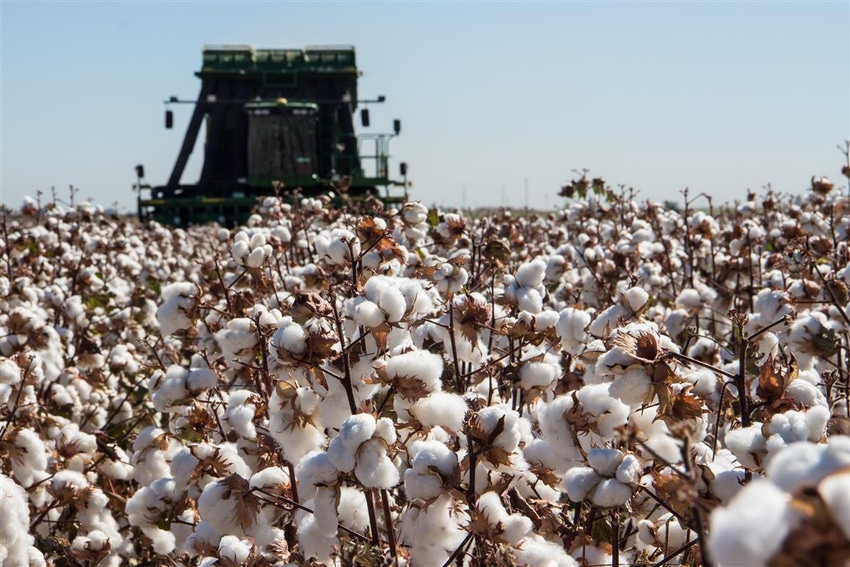
Limited supplies of the two benchmark cotton varieties used by university researchers should not hamper growers as varieties with advanced technologies have long been available.
PhytoGen 72, the benchmark for Acala cotton, and PhytoGen 800, its Pima cousin, are in short supply with the company and will no longer be offered once supplies are exhausted. For the PHY800, this could be more important, according to DOW spokesman Fred Rehrman, because it has continued to be popular with some growers.
Fusarium Race 4 technologies will continue to be sought by growers, according to Robert Hutmacher, cotton specialist with the University of California. While there are a small offering of varieties resistant to FOV 4, include Monsanto’s DP360, DP358, and Dow’s PHY 811 RF Pima, cotton breeders continue to work to improve FOV 4 resistance.
A new high-yielding Upland variety to California growers – PHY-499 – will be available in limited supplies this spring, according to Harry Peck, senior sales specialist with DOW, maker of PhytoGen. It offers the same Roundup Ready technology that their 725, 755, 802, 805 and 811 varieties offer.
Peck cautions that PHY-499’s high-yielding characteristics may make it a good bet for less-fertile soils. Growers with nutrient-rich soils common to some parts of the San Joaquin Valley could have issues related to vigorous plant growth with this variety.
Also returning for 2014 will be the popular Bayer CropScience-FiberMax Acala Daytona RF, according to Kenny Melton, an agronomist with Bayer CropScience.
According to Peck, poor water availability in California this year may make cotton a bit more popular when compared to corn. Cotton tends to require less water and Pima cotton prices can be more financially advantageous to growers, particularly when factoring in the high price of cotton seed for dairy feed.
Pima was the most popular type of cotton planted in California in 2013, with about 187,000 acres of Pima was planted, according to the USDA’s Agricultural Marketing Service. That compares to 93,000 acres of Acala.
The two most popular Acala cotton varieties planted in California in 2013 were PHY 725RF and Bayer’s Daytona RF. Both have glyphosate resistant technologies and both seemed to do well in the northern end of California’s cotton growing region where heat units can be significantly less than in the southern end of the San Joaquin Valley. Combined, the two varieties accounted for nearly half of California’s Acala acreage in 2013, according to the Agricultural Marketing Service.
While Bayer’s Daytona does offer good wilt tolerance, according to Melton, it does not offer FOV 4 resistant technology. Bayer is currently screening different products for FOV 4.
Bayer’s other varieties likely available to California growers in 2014 include their FM 1944GLB2, with good FOV 4 tolerance, FM 2484B2F, also with good FOV 4 tolerance, and its FM 2322GL variety. There is no FOV 4 data available on the later variety.
Read these blogs at Western Farm Press:
AK-47 rifle and Mikhail Kalashnikov were agriculture’s giant loss
About the Author(s)
You May Also Like






